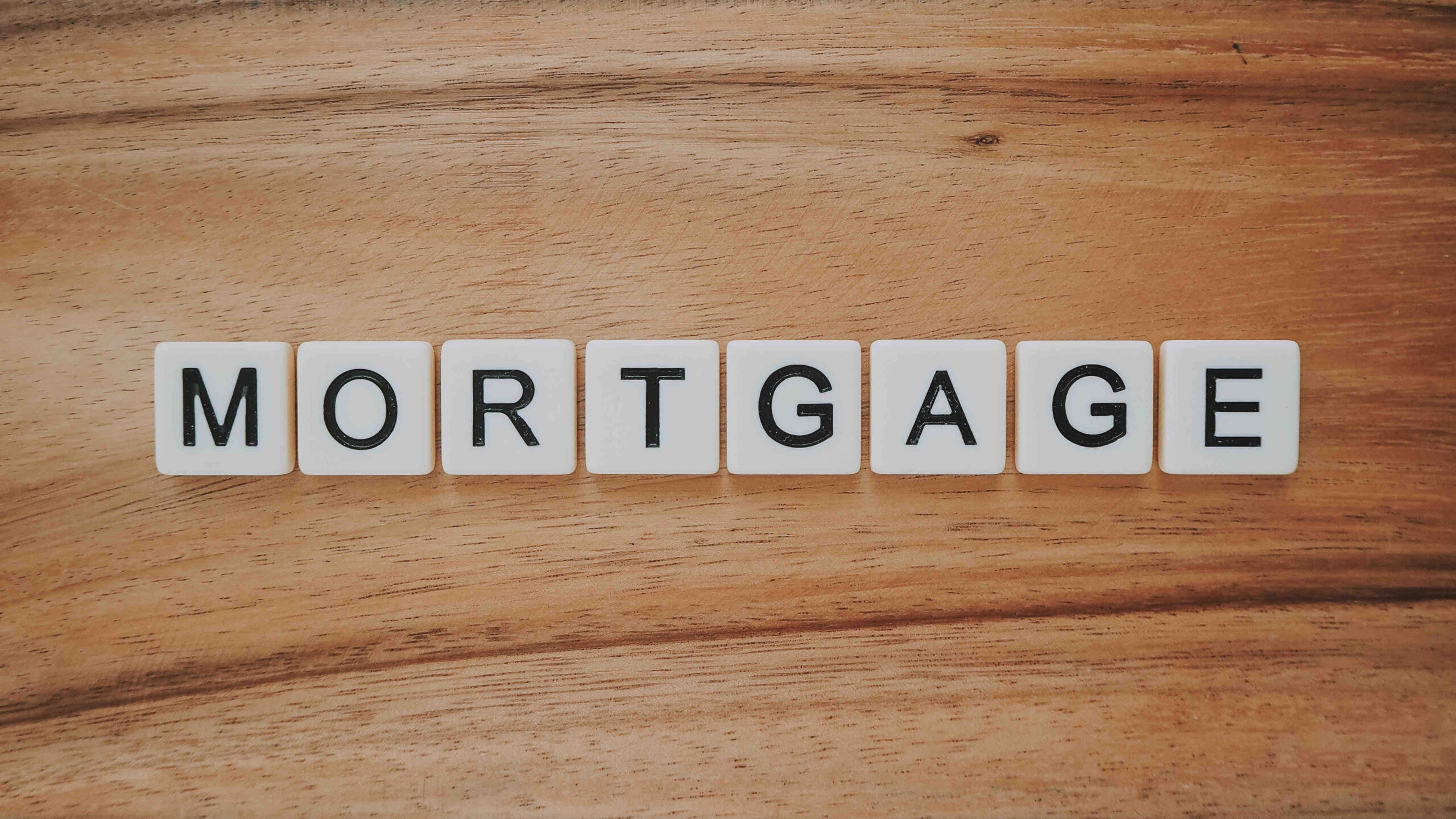
Can You Sell a House With a Mortgage?
The UHS Team
Jul 18, 2022
Are you ready to move to a new city? Maybe it’s simply time to upgrade your living situation. Whatever the case, one question looms large for those who have taken out a mortgage and still owe money on a home they’re hoping to sell: Can you sell a house with a mortgage still on it?
Whether you’re still upside down on the investment or just a few payments remain , there IS a path to selling a house with a mortgage.
For many families, the appeal of selling a house with a mortgage comes down to the prospect of moving into a new home. With that in mind, let’s look at how something called an assumption of mortgage can free you up to sell your home and buy a new one, even when you have an unpaid mortgage.
Table of Contents
How to Buy a House Before Selling
In the process of moving homes, timing can be a challenge. Particularly in hot markets, buyers have to move quickly when they find a good house, or someone else will almost certainly snatch it up. For that reason, buying a house before selling is increasingly common.
Moreover, there’s actually a really simple way to sell a house quickly and get the funds for a new place.
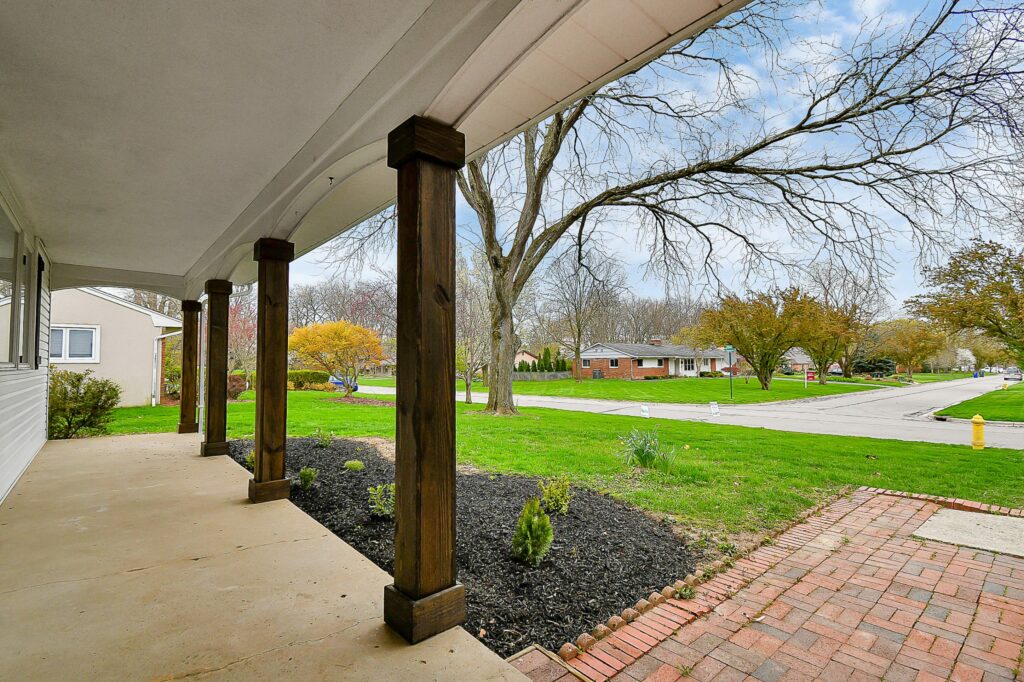
What Are the Effects of a Foreclosure Notice?
Falling behind on mortgage payments can leave a homeowner feeling helpless. With the threat of a foreclosure notice around the corner, what can you do? Selling the home can be a great option for a homeowner in this situation, as long as the foreclosure process hasn’t already begun.
A lender will begin the process of foreclosure after multiple missed payments. You may receive a foreclosure notice after the first missed payment. Lenders have 120 days after the first missed a payment before they can reclaim the home. Once the 120 days are up the foreclosure process begins and the homeowner will be forced to vacate the premises.
Foreclosures have detrimental effects on a homeowner, especially their credit. They appear on a credit report within a couple of months and hang around for years until the expiration date. This can negatively impact the ability to obtain future loans, qualify for new mortgages, or even credit cards. You do still have options from the time you receive the notice to the time the foreclosure process begins, but the process of selling your house before foreclosure can be tricky. Here’s what you need to know.
Can You Sell Your House Before Paying Off the Mortgage?
Many folks assume that they have to pay off their mortgage before they become eligible to sell a house. Luckily, that’s not true. This is where an assumption of mortgage comes into play.
What Is an Assumption of Mortgage?
Assuming a mortgage is basically exactly what it sounds like. This is the legal route to selling a house with a mortgage still on it.
If you have a mortgage on a property, but you cannot (or no longer wish to) pay it anymore, you have the option of turning that house over to a buyer with the mortgage still on it.
What Are the Upsides to Selling a House With a Mortgage?
Assumable mortgages aren’t necessarily a bad thing in the eyes of a new buyer. In fact, they represent a major selling point, given the right circumstances. Because the existence of a mortgage and pre-established loan terms may mean better lending rates for an incoming buyer, it can work out as a perk in a lot of cases — leading to a win-win sale for buyer and seller.
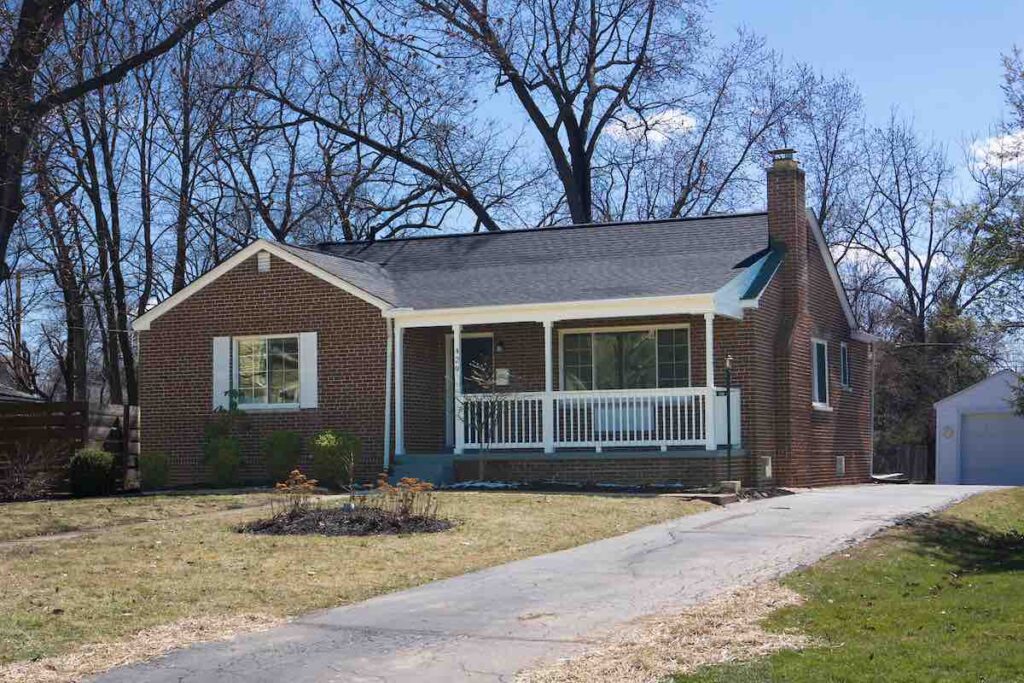
Can You Sell a House With a Mortgage You’re Still Behind On?
Depending on the situational details, homeowners often can. The answer in your particular case will depend on the value of your home in comparison to your mortgage. Seattle investment company Beachworks points out that, considering how hot the market is right now, you may be pleasantly surprised to discover your home’s value has appreciated significantly in recent years. Why not see for yourself?
There are multiple factors that will determine if a property facing foreclosure can be sold, one of the top factors being how much is still owed on the mortgage.
Selling the property before you end up with an upside-down mortgage – this occurs when a property value lies below the amount still owed on its mortgage – is a potential opportunity to avoid foreclosure by paying the lender for overdue payments.
One option for selling your home to avoid a foreclosure notice is to go through a realtor. Although a realtor sale is not ideal in this situation as it can be a lengthy process. If you have received a foreclosure notice or are behind on payments, you may be crunched for time and need a fast-tracked sale.
If your property value is less than what you owe on the mortgage then something called a “short sale” may be a better option to avoid foreclosure. The stipulation with a short sale is that you have to get the lender to agree to a short which can be a difficult process since banks typically lose money in this type of transaction.
When Are Short Sales Impossible?
Remember that you won’t be able to attempt a short sale if you are not behind on payments and if you have not been issued a notice of default. Short sales are for instances when you are not able to keep up with the mortgage any longer. If you have filed for bankruptcy, you won’t be considered for a short sale by a lender either. “Negotiating a short sale is considered a collection activity and collection activities are prohibited in bankruptcies.” — Bankrate
If you have any further questions, please give us a call. The friendly team at UHS is here to help with all of your housing questions and needs.
How Do Short Sales Work?
Short sales are offers made on a property that is less than the amount still owed on the mortgage. In this case, the seller accepts an offer and is left with the balance of the mortgage that remains, the lender usually has agreed to forgive this balance before the short sale process has begun for it to be successful.
The difficult part of short sales is getting banks’ approval since most of the time the lender will end up losing money in a short sale.
There are necessary steps and precautions to take when preparing for a short sale. First, you will have to submit a proposal to your bank with the reason for why you need a short sale versus a foreclosure. Convincing the bank of financial hardship can help with an agreement to a short sale. Short sales do take longer than typical home sales and can often fail when a borrower backs out of the deal.
Indeed, lenders will often counter short sale offers with their own demands in an effort to raise their bottom line. For example, buyers might hear, “We’ll accept your offer, but you’re responsible for all repairs, wire transfers, and notary fees.” It’s ultimately up to you, though, to decide whether you’re willing to absorb these extra costs. The good news is: Your real estate agent can help you negotiate these terms with your bank.
Although short sales still damage a seller’s credit, they do far less damage than a foreclosure. This puts the seller in a better position for purchasing a home in the future as well as being able to remain in the home until the sale is completed.
Can I Sell a Home In Foreclosure?
Short answer — yes! Foreclosure can be a terrifying word and often causes an inordinate amount of stress and panic. However, there is a way to minimize your stress by attempting a short sale. In this scenario, you sell the home and then the bank takes the money you have earned from the sale. Let’s take a look at six steps you can take to sell a home in foreclosure and a few pros and cons of doing so.
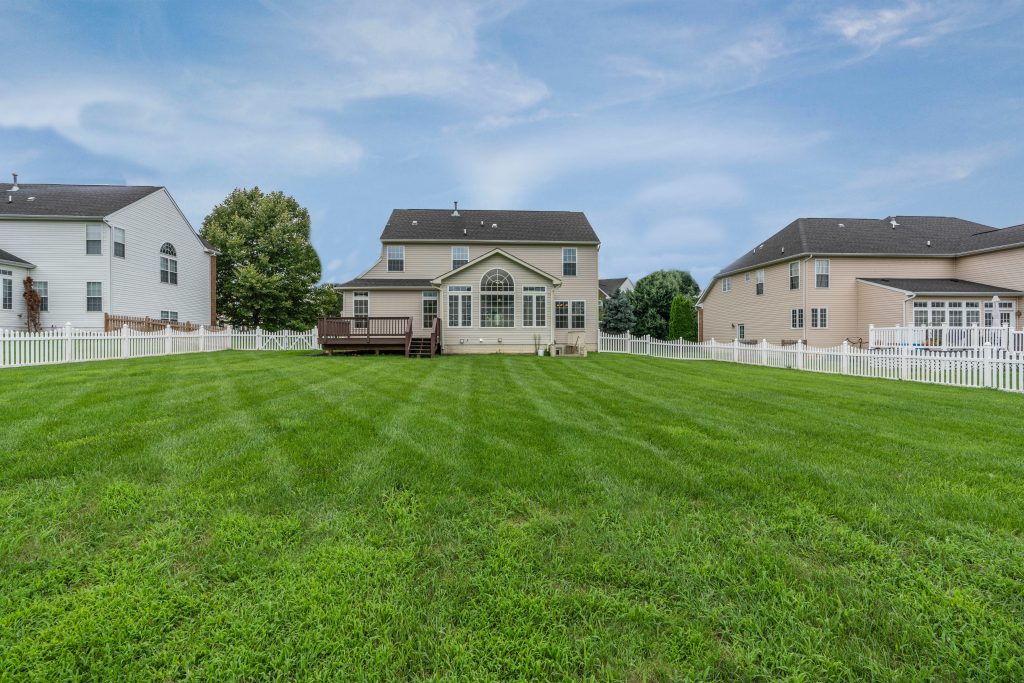
Steps for Selling a Home in Foreclosure
- The first thing you will want to do is make sure you understand the concept. You should sell your home for enough to cover the mortgage loan. If what you earn from the sale isn’t equal to the loan amount, you will have to pay the difference yourself. Make sure you can sell your home for enough or that you can cover the balance.
- You will need to get permission for a short sale from the lender. This is most likely to happen if you aren’t in default and have not been hiding any financial information from your lender. You can request permission more than once from different people if you are rejected. You will need to present an authorization letter, a hardship letter, a statement of the property’s value, a purchase offer or contract, and a settlement statement.
- Once you have permission, you can begin to look for sellers with the help of a real estate agent and an attorney who specializes in home sales. Using these professionals is an invaluable investment. If you can’t afford them, sometimes you can pay them with the proceeds from the home sale.
- Set an asking price that is equal to or greater than the price of your mortgage loan and any expenses for selling, like the cost of the real estate agency. If your asking price has to be low, begin saving up money to be able to cover the difference.
- Market with the help of your real estate agent. You can use local signage and online marketing.
- Once you get a high enough bid, present it to your lender. “If the lender forecloses and the property is auctioned off, the top bidder will take ownership no matter how low the bid is, so a good short-sale offer may make an attractive alternative.” — Homeguides
Pros and Cons to Selling a Home in Foreclosure
If you sell your home using the short sale method, you usually aren’t making a profit. You may have to pay money out of pocket to cover all of what you owe. Sometimes a lender may insist you pay them some of the assets you’ve disclosed, so make sure you have a good attorney covering you.
Many lenders view short sales favorably, so they may be easier on your credit. A short sale may not be as bad for your credit as foreclosure or bankruptcy. There is less stress and embarrassment in a short sale than there is with the foreclosure process.
Alternatives to selling your home
If you need to remain in your home and have fallen behind on mortgage payments, there are alternatives to a short sale, selling on the open market, or that dreaded foreclosure notice. You might consider asking your bank for a mortgage forbearance to catch up on payments and avoid foreclosure. You can also sell the home as-is to a cash buyer to pay off the mortgage.
Negotiating a loan modification is another alternative to selling your home. The bank may give you the option to make lower bank payments if you can prove hardship and that the lower payment with be made on time. Keep in mind the bank can add the unpaid portion of the behind payments to end the loan, they don’t necessarily disappear.
Selling to a Direct Buyer
In virtually all scenarios, there is an option for selling to an iBuyer like Upward Home Solutions. If your mortgage has become a burden, we’d be happy to talk to you and determine the best way to assume that mortgage. UHS handles all closing and transactional fees any time we arrive at a deal for a property title. That means if you choose to sell to us, you won’t have to spend a dime more on anything before you have cash in hand.
Curious to learn more? Contact us today to for more info or to get your zero-obligation, free quote!

More Articles
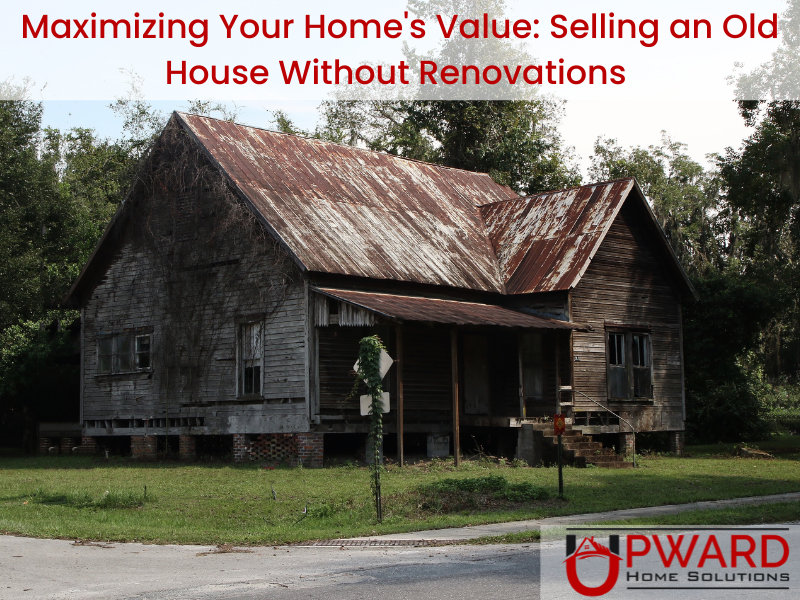
Maximizing Your Home’s Value: Selling an Old House Without Renovations
Mar 28, 2023
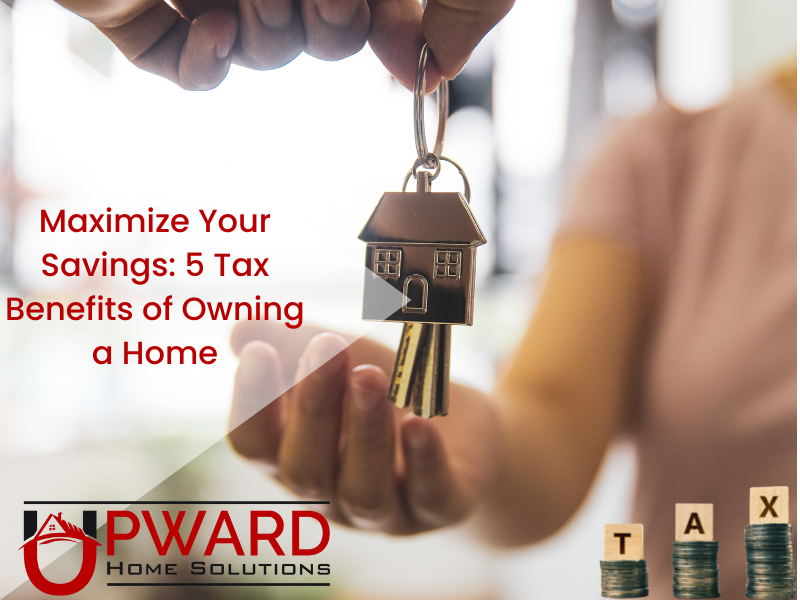
Maximize Your Savings: 5 Tax Benefits of Owning a Home
Mar 21, 2023

Unlocking the Real Estate Market: The Impact of Location on Property Value
Mar 14, 2023
